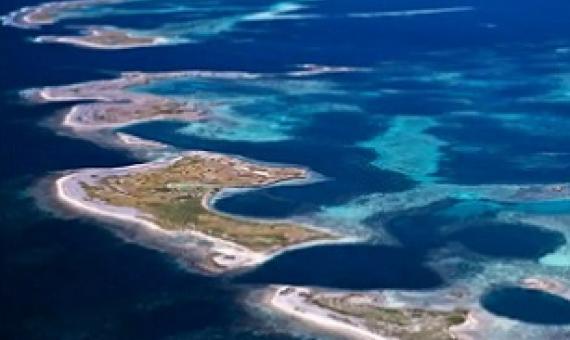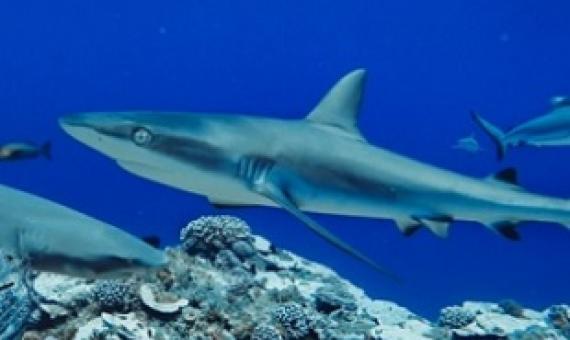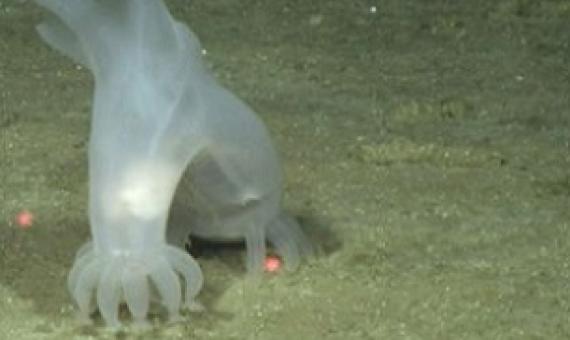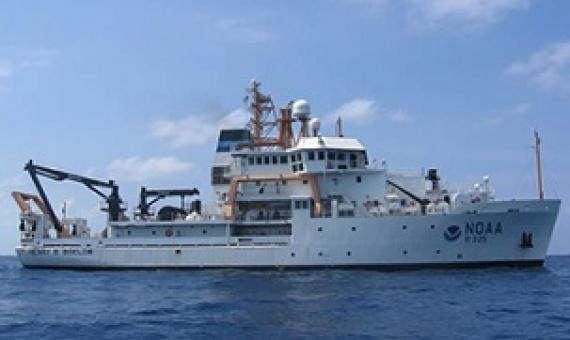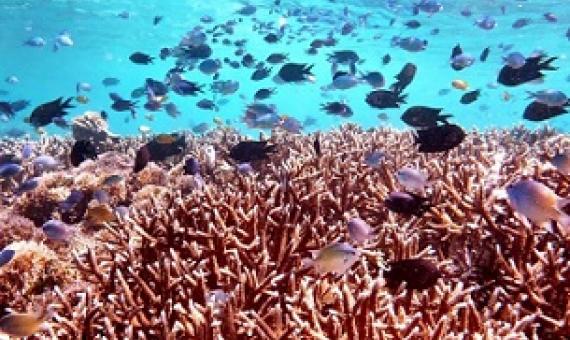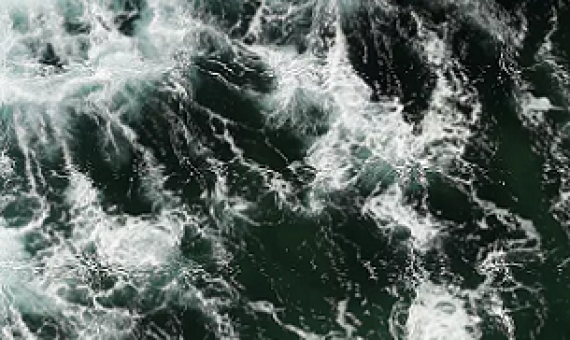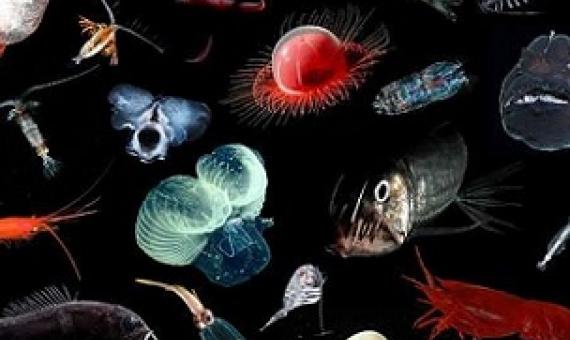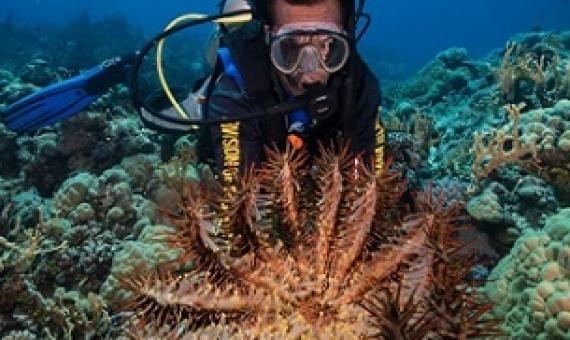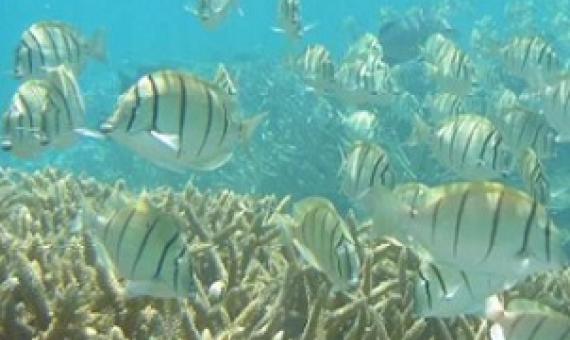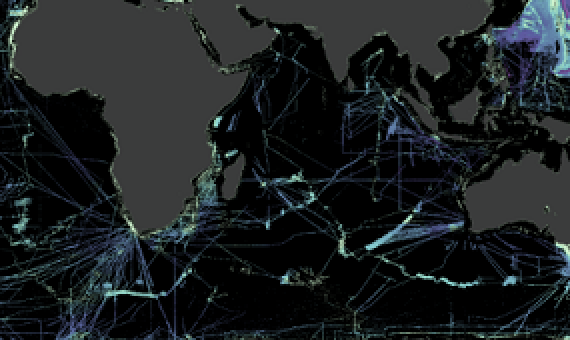Heating of the world’s oceans could radically reorganise marine food webs across the globe causing the numbers of some species to collapse while promoting the growth of algae, new research has warned...In the research, published in the journal Science, researchers at the University of A
Sharks may have a reputation as cold-hearted killing machines, but they are actually rather good at making and keeping friends, a study finds.
A new publication on the impacts of deep-seabed mining by 13 prominent deep-sea biologists, led by University of Hawai'i at Mānoa oceanography professor Craig Smith, seeks to dispel scientific misconceptions that have led to miscalculations of the likely effects of commercial operations to extrac
NOAA Fisheries has announced that is canceling more fishery and ecosystem surveys that were supposed to take place in 2020, citing the complications created by COVID-19. The new survey cancellations will add to the growing list of surveys that won’t take place in 2020 due to COVID-19.
New UCLA research indicates that an evolutionary phenomenon never before observed among marine life could help explain why there is such immense biodiversity in the world’s coral reefs and the ocean beyond.
While ocean acidification was initially perceived as a threat only to the marine realm, the authors of a new publication argue that it is also an emerging human health issue...In a recent article in the International Journal of Environmental Research and Public Health, scientists lo
Interest in deep-sea mining for copper, cobalt, zinc, manganese and other valuable metals has grown substantially in the last decade and mining activities are anticipated to begin soon.
A new study by the Marine Laboratory at the University of Guam may help researchers predict coral bleaching months earlier than current methods, and may even help predict the invasion of coral-eating crown-of-thorns starfish, according to a press release from the University of Guam.
In a study published recently in Ecology and Evolution, an international team of researchers focused on what can happen to ocean ecosystems when fishing pressure increases or decreases, and how this differs between tropical to temperate marine ecosystems.
A group of scientists has successfully mapped one-fifth of the world’s ocean floor, a significant milestone for the team on its mission to measure every depth and recess of the planet's seabed by the end of the decade. With about 71 per cent of our planet’

